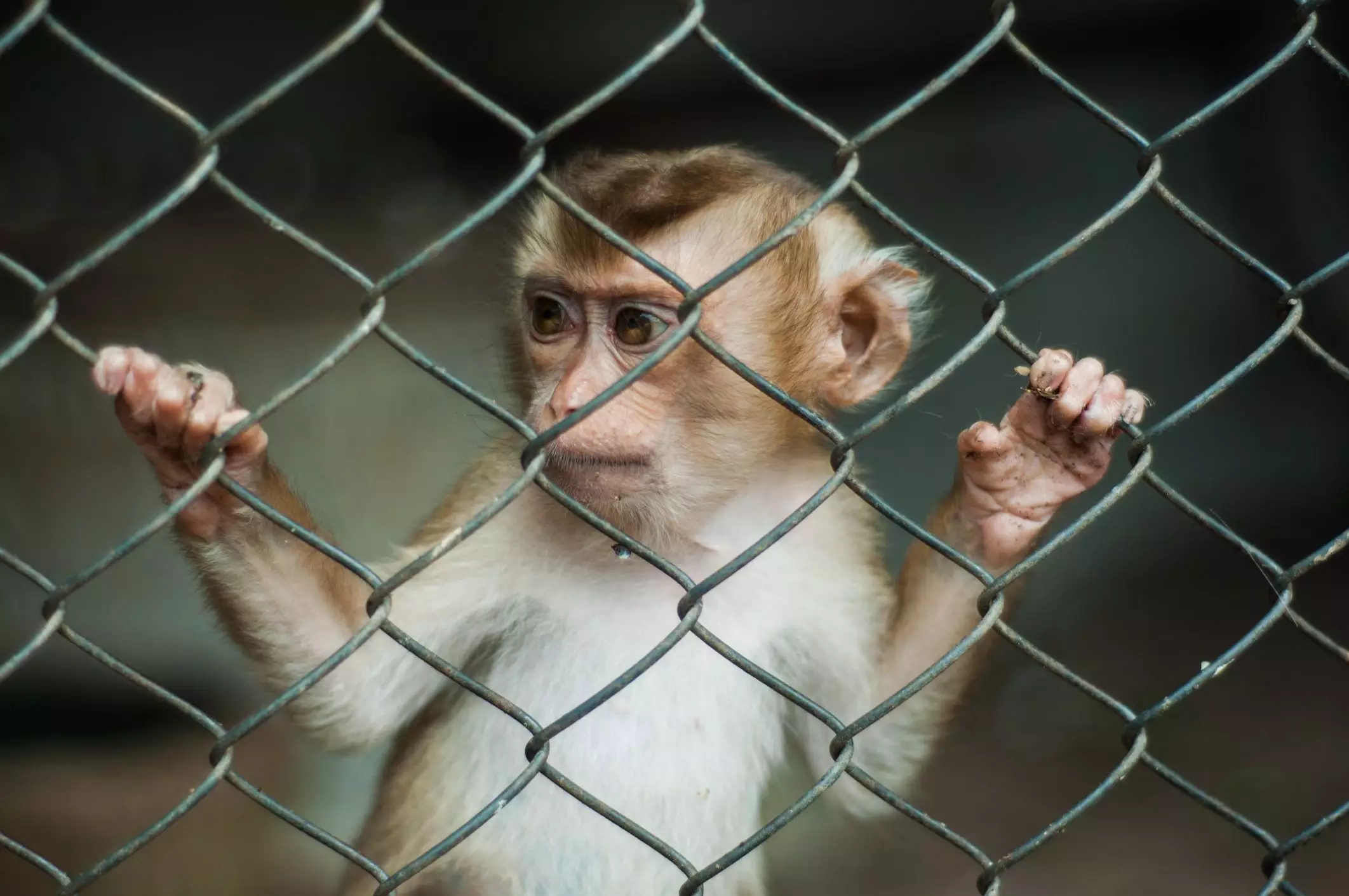Keeping a monkey as a pet can seem like an exciting and exotic choice, often romanticized by fleeting images of playful primates enjoying human company. However, this venture is laden with challenges that can outweigh the momentary joys of ownership. While the idea of having a monkey prancing around the home may appear appealing, one must confront the hard truth: monkeys are not household pets. This article delves into the myriad complexities involved in pet monkey ownership, including behavioral challenges, health concerns, legal restrictions, and the emotional ramifications for both the animal and its owner.
Monkeys are not short-term pets; they can live between 20 to 40 years, demanding unwavering dedication from their owners throughout their lifespan. This is a significant commitment, akin to caring for a child—only, unlike children, monkeys do not grow and mature in a manner that is conducive to a human’s living environment. They tend to remain forever tethered to their primal instincts, resulting in adult behavior that is often unmanageable. Owners may initially be captivated by the curious and playful nature of a baby monkey, but as these creatures mature, their needs transform dramatically. They evolve into highly demanding, social animals that require complex care.
Additionally, the social structures of these intelligent beings do not easily accommodate human interactions. Monkeys can form strong attachments but are quick to react negatively to new family members or visitors. In a setting where a new spouse, child, or friend enters the picture, a monkey may exhibit signs of behavioral distress, leading to aggression or withdrawal. Furthermore, these pets complicate daily life; vacations become difficult to manage. Finding alternative care can be stressful, particularly because many standard pet-sitting services lack the expertise necessary to handle a primate.
Another layer of concern regarding monkey ownership is the myriad health risks associated with these animals. Zoonotic diseases, which can transmit between animals and humans, represent serious medical threats. Diseases such as tuberculosis, simian immunodeficiency virus, and monkeypox pose significant health hazards. Should an owner or their guest fall ill due to a monkey, this could lead to legal repercussions, further straining relationships with family and community members.
Medical care for monkeys is also less accessible. Not all veterinarians are trained to deal with non-human primates, making it challenging to secure adequate and timely medical intervention. Owners often discover that they must navigate complex dietary requirements, which are crucial for the monkey’s well-being but can be labor-intensive and costly to maintain. Failure to provide appropriate nutrition can result in diabetes and other serious health issues, leaving owners with the burden of constant monitoring and costly veterinary visits.
In various parts of the world, laws surrounding the ownership of primates range from permissive to strictly prohibitive. In the United States, different states have nuanced laws that dictate whether a person can keep a monkey as a pet. Some states may demand permits, which often come with strict regulations including home inspections to assess adequate living conditions. Homeowner’s insurance policies may also impose challenges, as many companies either deny coverage or require additional liability policies for homeowners with nontraditional pets.
Financially, the initial cost of acquiring a monkey can be staggering. For example, capuchin monkeys can cost between $5,000 and $7,000, while larger primates like chimpanzees may reach prices of up to $50,000. Such investments are not merely one-off fees; owners will face a long-term financial obligation to cover food, hygiene products, habitat maintenance, and veterinary care. The ongoing costs can make the prospect of pet monkey ownership daunting, revealing potential financial pitfalls for unsuspecting buyers.
Perhaps one of the most unfortunate aspects of monkey ownership is that these animals retain their inherent wild and unpredictable behavior, irrespective of human interaction. While some monkeys may exhibit affectionate traits, their character can shift suddenly and without warning. Owners may find themselves facing biting incidents, often with devastating results. Bites from an adult monkey can lead to severe injuries and emotional trauma.
Additionally, the cleanliness factor can’t be overlooked. Unlike domesticated pets that can be trained to use a litter box, monkeys are notoriously messy and often incapable of being fully house-trained. As they mature, their inclination to engage in unsanitary behaviors—such as throwing feces—creates significant lifestyle challenges, increasing the distress for owners and the likelihood of relational strain within households.
The dream of having a monkey as a pet must be balanced with a thorough understanding of the overwhelming responsibilities involved. Monkeys do not conform to typical pet behavior, and the challenges range from financial implications to serious health risks and complex emotional needs. While having a primate may seem like a unique choice, most owners soon realize that the cons far outweigh the fleeting pros. It is paramount for potential owners to take a step back and reconsider their motivations and lifestyle before opting to welcome a monkey into their home—a choice that ultimately leads to more harm than benefit.


Leave a Reply